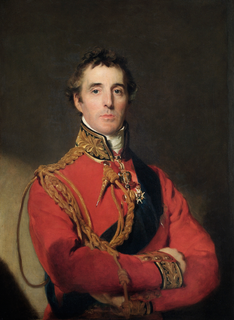A Quote by John Knowles
Everyone has a moment in history which belongs particularly to him.
Related Quotes
Everyone has a moment in history which belongs particularly to him. It is the moment when his emotions achieve their most powerful sway over him, and afterward when you say to this person "the world today" or "life" or "reality" he will assume that you mean this moment, even if it is fifty years past. The world, through his unleashed emotions, imprinted itself upon him, and he carries the stamp of that passing moment forever.
I meant it when I said I didn't believe in love at first sight. It takes time to really, truly fall for someone. Yet I believe in a moment. A moment when you glimpse the truth within someone, and they glimpse the truth within you. In that moment, you don't belong to yourself any longer, not completely. Part of you belongs to him; part of him belongs to you. After that, you can't take it back, no matter how much you want to, no matter how hard you try.
Exploration belongs to the Renaissance, travel to the bourgeois age, tourism to our proletarian moment.The explorer seeks theundiscovered, the traveler that which has been discovered by the mind working in history,the tourist that which has been discovered by entrepreneurship and prepared for him by the arts of mass publicity.If the explorer moves toward the risks of the formless and the unknown, the tourist moves toward the security of pure cliché. It is between these two poles that the traveler mediates.
History, in [Nietzsche's] view, belongs to him who is fighting a great fight, and who needs examples, teachers and comforters, but cannot find them among his contemporaries. Without history the mountain chain of great men's great moments, which runs through millennia, could not stand clearly and vividly before me.
The bread which you hold back belongs to the hungry; the coat, which you guard in your locked storage-chests, belongs to the naked; the footwear mouldering in your closet belongs to those without shoes. The silver that you keep hidden in a safe place belongs to the one in need. Thus, however many are those whom you could have provided for, so many are those whom you wrong.
From my youth onwards I have found in Jesus my great brother. That Christianity has regarded and does regard him as God and Savior has always appeared to me a fact of the highest importance which, for his sake and my own, I must endeavor to understand . . . I am more than ever certain that a great place belongs to him in Israel's history of faith and that this place cannot be described by any of the usual categories.
The history of a battle, is not unlike the history of a ball. Some individuals may recollect all the little events of which the great result is the battle won or lost, but no individual can recollect the order in which, or the exact moment at which, they occurred, which makes all the difference as to their value or importance.






































